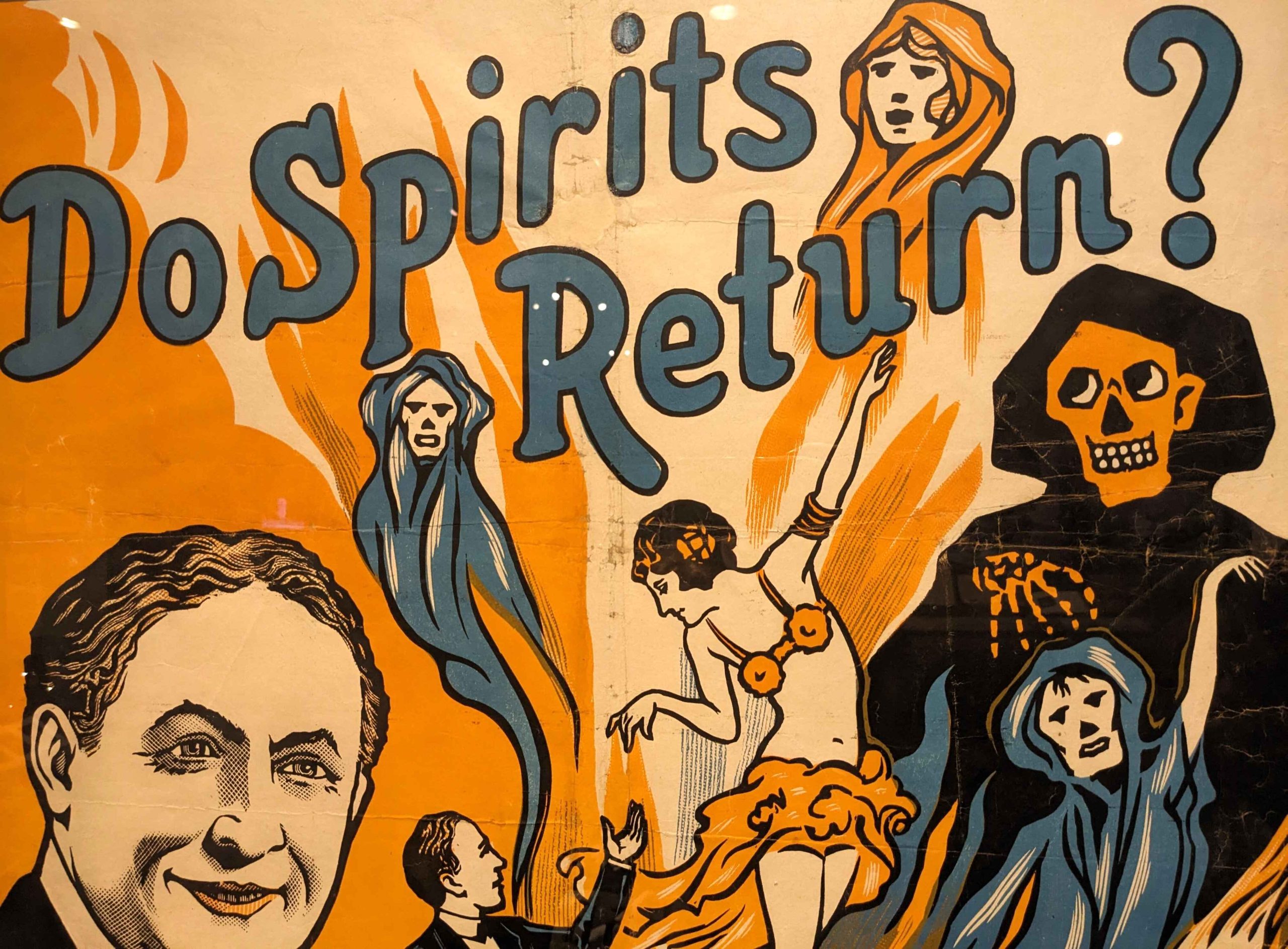Museum Job Roundup 11/04/2024
Welcome to the weekly roundup! We do our best to collect the latest job openings and welcome submissions from the community. For more opportunities, we recommend the following databases: HireCulture – Jobs in the Humanities in Massachusetts Job HQ – American Association of Museums American …




